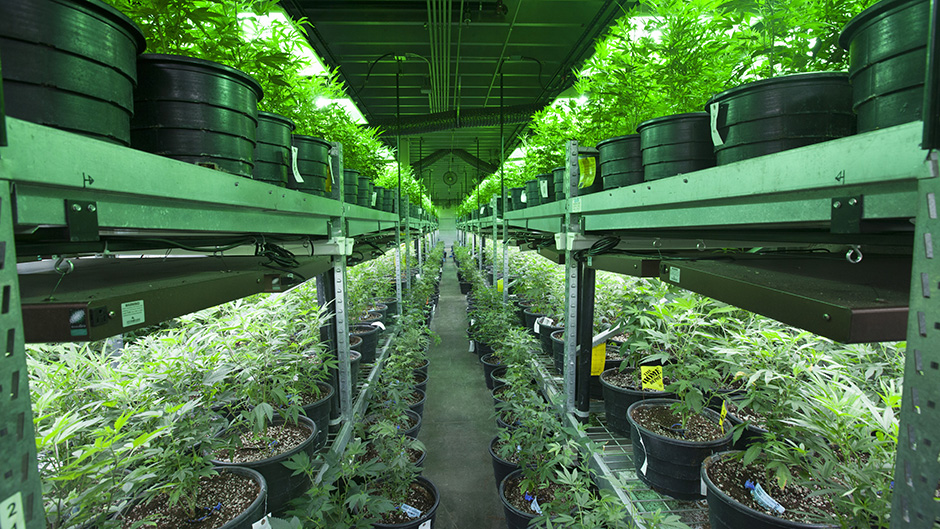The Cannabis Law League student organization recently gathered a panel of business leaders and advocates to look at this phenomenon from a social justice perspective, shine a light on inclusivity issues facing the cannabis industry, and explore viable means to promote diversity in the market.
Erik Range, board chair of Minorities for Medical Marijuana, joined the panel and touched upon the disproportional impact that the war on drugs had on minority communities. “We can’t have an industry coming online creating millionaires while, at the same time, folks are still sitting in prison and being arrested for the same thing that is making those millionaires,” said Range, reflecting that the promulgation of markets for legal cannabis ought to extend opportunities for restoration to these communities. “We have a real opportunity in this industry to make the most diverse industry in the country.”
The discussion revolved around the most pressing issues of equity currently plaguing the cannabis industry. Emily Fisher, CEO and Co-Founder of Leafwell, spoke about inherently local nature of markets for cannabis products, noting that patients in rural and low-income communities have difficulty truly accessing the market, due to being underserved in terms of available healthcare providers. Her company uses technology to help connect individuals with physicians who can certify them for medical marijuana use.
Antonio Valdez, executive director of the National Hispanic Cannabis Council, also joined the panel to discuss the underrepresentation of Hispanics in the cannabis industry. Valdez stressed the importance of enhancing education about cannabis and increasing awareness of its benefits, both in terms of health and economic opportunity.
Additionally, the panelists discussed two of the most substantial obstacles preventing minorities from entering the cannabis industry—the ability to obtain relevant licenses and access to capital. Efforts aimed at establishing social equity in the industry have mostly been focused on ensuring that individuals in over-policed, underrepresented communities are afforded licenses. Despite a 2017 Florida law requiring a marijuana license be designated for and given to a black owned business by October of that year, the license has yet to be awarded. Only one of Florida’s twenty-two licensed provisioning centers is minority owned.
There is still much progress to be made in increasing the number of minority license holders, though that is only the first step. The panelists agreed that the issue of access to capital is often overlooked. The application process to obtain a license alone can cost hundreds of thousands of dollars.
“The challenge for this industry, and for those involved in the industry, is to figure out how to provide meaningful access to capital to the entrepreneurs that would like to get started,” said Julian Montero of the National Hispanic Cannabis Council.
Read more about Miami Law’s student organizations
More on social justice and public interest at Miami Law

